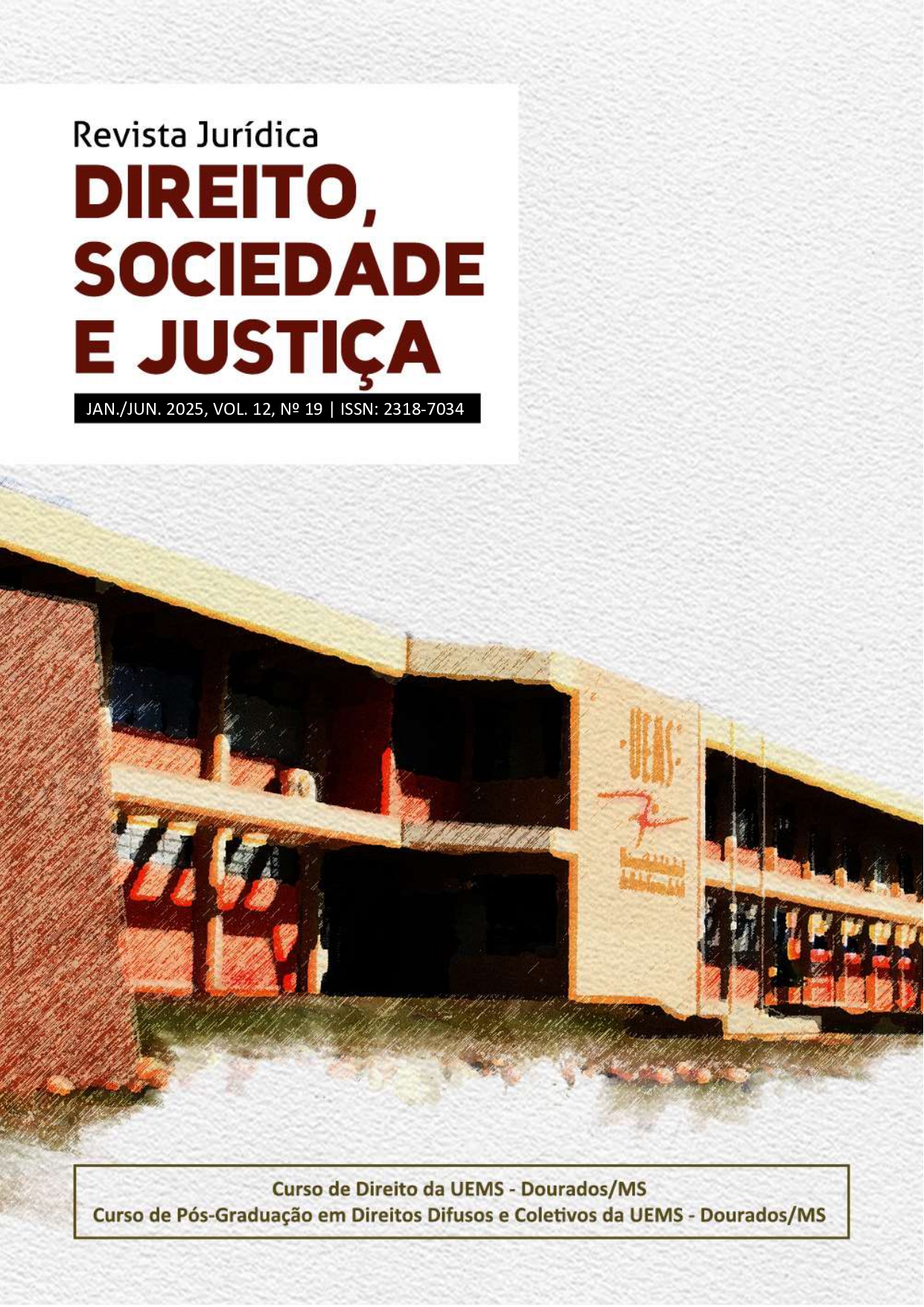ABANDONO AFETIVO PARENTAL
PERSPECTIVAS E DESAFIOS NA INTERFACE ENTRE PSICOLOGIA JURÍDICA E DIREITO
Abstract
INTRODUCTION:This paper addresses parental emotional abandonment from an interdisciplinary perspective between Law and Legal Psychology. It is a topic of great social and legal relevance, as it involves the emotional development of children and adolescents, as well as the legal and moral duties of parents. Emotional abandonment is characterized by the parents’ omission of emotional attention, care, and necessary support for the full development of their offspring. Such conduct may lead to civil liability for moral damages, in addition to causing significant psychological consequences. OBJECTIVES:The main objective of this study is to understand emotional abandonment through an interface between the fields of Legal Psychology and Law, investigating its psychological impacts and the resulting legal implications. It also aims to analyze possible judicial means of reparation and the role of the legal psychologist as a collaborator of justice in cases of this nature. DEVELOPMENT:This research is theoretical and bibliographical in nature, based on works by authors such as Skaf (2008), Pereira (2006), Gagliano (2017), Gonsalves (2003), and Silva (2007), among other scholars in the legal and psychological fields. In the legal context, emotional abandonment constitutes a violation of a legal duty inherent to parental authority, and may result in compensation for moral damages. In the field of Legal Psychology, the psychological harm caused to children by such omission is analyzed through technical instruments and psychological assessments that support judicial decisions. In this context, Legal Psychology serves as a key link between the child’s subjective suffering and the objectification of damages in court, assisting the judge in understanding the non-material consequences of abandonment. The study also addresses the civil liability of absent parents, based on the principle of human dignity and the full protection of children and adolescents, as set forth in the 1988 Federal Constitution and the Statute of the Child and Adolescent. CONCLUSION: It is concluded that emotional abandonment is a practice that compromises the emotional and social development of children and adolescents, and must be addressed through both public policies and judicial measures. The dialogue between Legal Psychology and Law proves essential for a more comprehensive approach to the issue, enabling damage reparation and the promotion of justice. In this way, the present study contributes to deepening the understanding of emotional abandonment and encourages future research aimed at enforcing the fundamental rights of children and youth.
Downloads
Published
How to Cite
Issue
Section
License
O envio de trabalho implica que seu(s) autor(es) concede(m), formal e gratuitamente, à Revista Direito Sociedade e Justiça, os direitos autorais, caso o mesmo seja aceito para publicação, de o incluir, publicar e divulgar em qualquer meio, inclusive em arquivos virtuais, Cd-Rom (ou equivalente), revistas impressas, na página virtual do curso, etc..
Caso referida revista, em qualquer dos seus meios de publicação, sejam comercializadas ou de alguma forma patrocinadas, não retirará a natureza de gratuidade anteriormente prevista.
Os trabalhos publicados terão caráter subsidiário para os usuários na elaboração dos seus estudos, pesquisas, trabalhos científicos e acadêmicos, bem como demais atividades pedagógicas, podendo ser impressos para essa finalidade, sendo que a utilização para fim diverso do aqui estabelecido dependerá de autorização do autor e do conselho editorial da revista.

